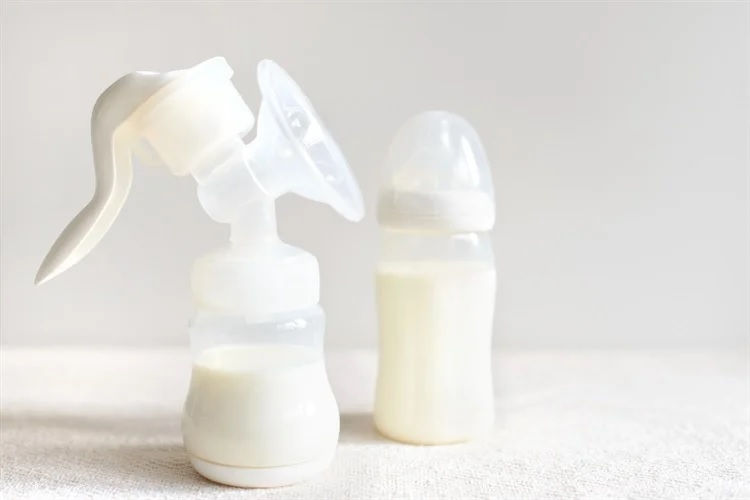Research highlights emotional benefits and challenges of breast milk donation
- zampen website
- Sep 16, 2024
- 3 min read

The Emotional and Practical Benefits of Breast Milk Donation: Insights and Challenges
Breastfeeding is widely recognized for its benefits to both maternal and infant health. For premature infants, especially when maternal milk is unavailable, donor human milk (DHM) can be a vital resource. Not only does DHM provide essential nutrition, but it also reduces parental anxiety and supports mental health. However, the journey to becoming a breast milk donor is not without its challenges.
Understanding the Donation Process
Breast milk donation can significantly benefit those in need, but many mothers encounter logistical, health-related, and emotional hurdles. Donors often face practical issues such as managing the collection, storage, and transportation of milk. Strict health criteria are also in place to ensure the safety of the milk, which can sometimes exclude well-intentioned donors. Additionally, many potential donors report a lack of support and guidance, leading to feelings of frustration and rejection, particularly when they are unable to donate.
Study Overview
A recent study in the United Kingdom sheds light on these challenges and the emotional impacts of milk donation. The research involved 1,149 mothers from diverse racial and ethnic backgrounds, with a mean age of 34.5 years. Data were collected through an online survey from May 2022 to March 2023, initially focusing on Wales before expanding to other regions of the U.K. The survey explored motivations, experiences, and the perceived impacts of milk donation.
Key Findings
Motivations for Donation:
The top reasons mothers chose to donate included helping other families (90.3%), having excess milk (48.1%), and finding the process easy (44.1%). Other motivations included personal health benefits, coping with infant allergies, and practical reasons like limited freezer space.
Success Rates:
Only 36.3% of participants were able to successfully donate milk. Among those who did not donate, 53.4% did not inquire about donation, and 46.6% were discouraged because they were told they could not donate.
Emotional Impact:
For those who could donate, the experience was largely positive. Many reported feelings of achievement, pride, and happiness. The donation process also offered emotional benefits such as improved self-worth and relief from milk wastage. For mothers who had experienced infant loss or difficult breastfeeding journeys, the act of donating milk was particularly therapeutic.
Negative Emotions:
Mothers who were unable to donate reported negative emotions, including disappointment, frustration, guilt, and feelings of rejection. These feelings were more intense among those who were told they could not donate or who received no feedback compared to those who assumed they could not or chose not to donate.
Conclusions and Recommendations
The study highlights the significant emotional and practical benefits of breast milk donation, both for the donor and the recipient. However, it also underscores the need for better support systems and clearer communication throughout the donation process. Improving milk bank training, enhancing milk banking services, and addressing regional inconsistencies are essential steps towards increasing equitable access to donation services.
Despite its large sample size, the study is limited by factors such as a predominantly older, highly educated, and self-selected participant pool. Further research is needed to compare milk banking infrastructures and attitudes internationally to address these challenges more effectively.
In conclusion, while breast milk donation is a deeply rewarding process, addressing the barriers and inconsistencies in the donation system can help ensure that more mothers can experience its benefits and support others in need.
Stay Informed
For those interested in learning more about breast milk donation and how to support or participate in this vital process, keep an eye on updates from local milk banks and support organizations. Your contribution can make a significant difference in the lives of families and infants across the U.K. and beyond.
Reference:
Dr. Sushama R. Chaphalkar, PhD. (2024, July 29). News-Medical. News-Medical. https://www.news-medical.net/news/20240728/Research-highlights-emotional-benefits-and-challenges-of-breast-milk-donation.aspx




Comments